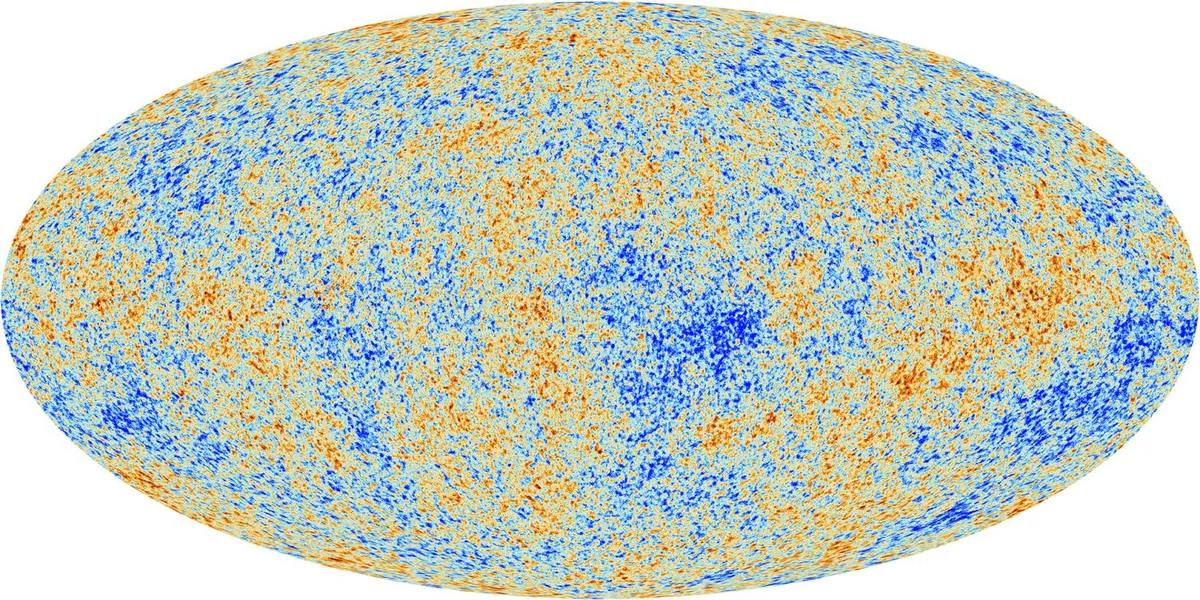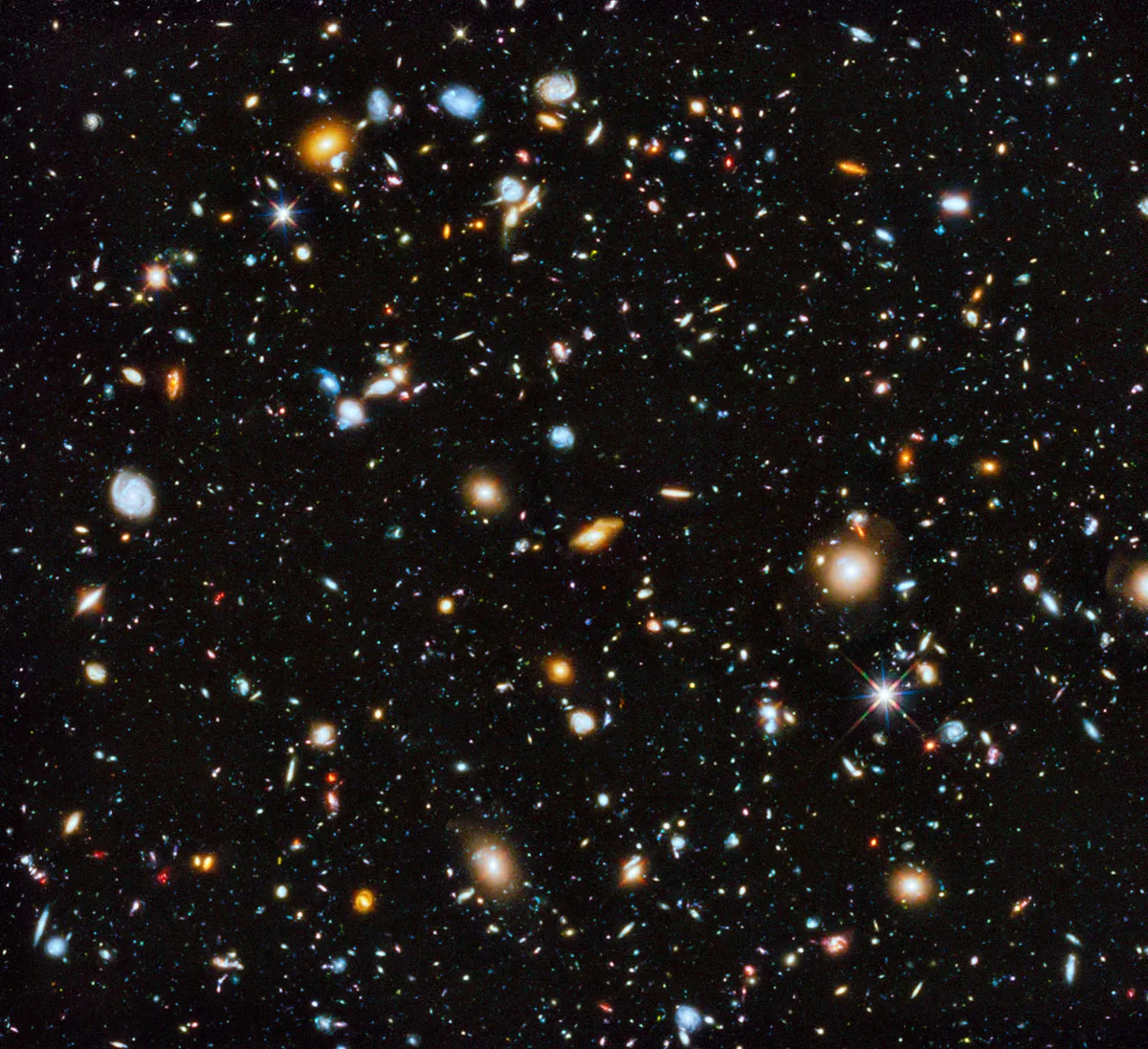The Universe has been expanding at an accelerating pace since the Big Bang over 13.8 billion years ago, and cosmologists have long believed this expansion was enabled by the Universe’s most mysterious quantity – dark energy.
Dark energy’s pull could be weakening over time, according to results from the Dark Energy Spectroscopic Instrument (DESI) collaboration.
Most think dark energy’s pulling power is the same now as it was at the dawn of the Universe, an idea that arises from a widely accepted model of the Universe, known as Lambda cold dark matter or Lambda-CDM.

Mapping the Universe
The DESI collaboration put this model to the test by creating the largest 3D map of the Universe ever made and tracking the influence of dark energy over 11 billion years.
By overlaying the DESI findings with other data, a more complicated picture of dark energy has started to arise in which its pulling power gets weaker over time.
The DESI collaboration looked at different clues that hint at dark energy’s nature, including light from Type Ia supernovae explosions and the cosmic microwave background radiation: heat left over from the Big Bang.

The end of the Universe
The nature of dark energy could determine the fate of our Universe. If dark energy acts as a cosmological constant, astronomers believe the Universe may end in a ‘Big Freeze’.
In this scenario, all the matter and energy in the Universe would be spread thin – like too little butter scraped over too much bread.
If dark energy does vary with time, this too could have significant implications for the Universe’s ending, potentially resulting in a more extreme scenario like a ‘Big Crunch’, where the Universe snaps back into a singularity, like before the Big Bang.
"Whatever the nature of dark energy is, it will shape the future of our Universe," says Michael Levi from Lawrence Berkeley National Laboratory, who is the director of DESI.
"It’s pretty remarkable that we can look up at the sky with our telescopes and try to answer one of the biggest questions that humanity has ever asked."

Why this is such a game changer
Words: Chris Lintott
Cosmologists everywhere will have greeted these results with excitement and a sigh of relief.
The huge mystery of what, precisely, the accelerating force we call ‘dark energy’ is will be much harder to solve if it’s a cosmological constant.
If the Universe is made that way, we may be stuck.
New cosmological experiments are on the way, but measuring quite how constant the cosmological constant might be is nowhere near as compelling as working out how it’s changing.
If the DESI results hold up, the field will be invigorated.
How dark energy is changing will rule out, or in, our theories about its nature – and let us determine the future of the Universe.
This article appeared in the June 2025 issue of BBC Sky at Night Magazine


